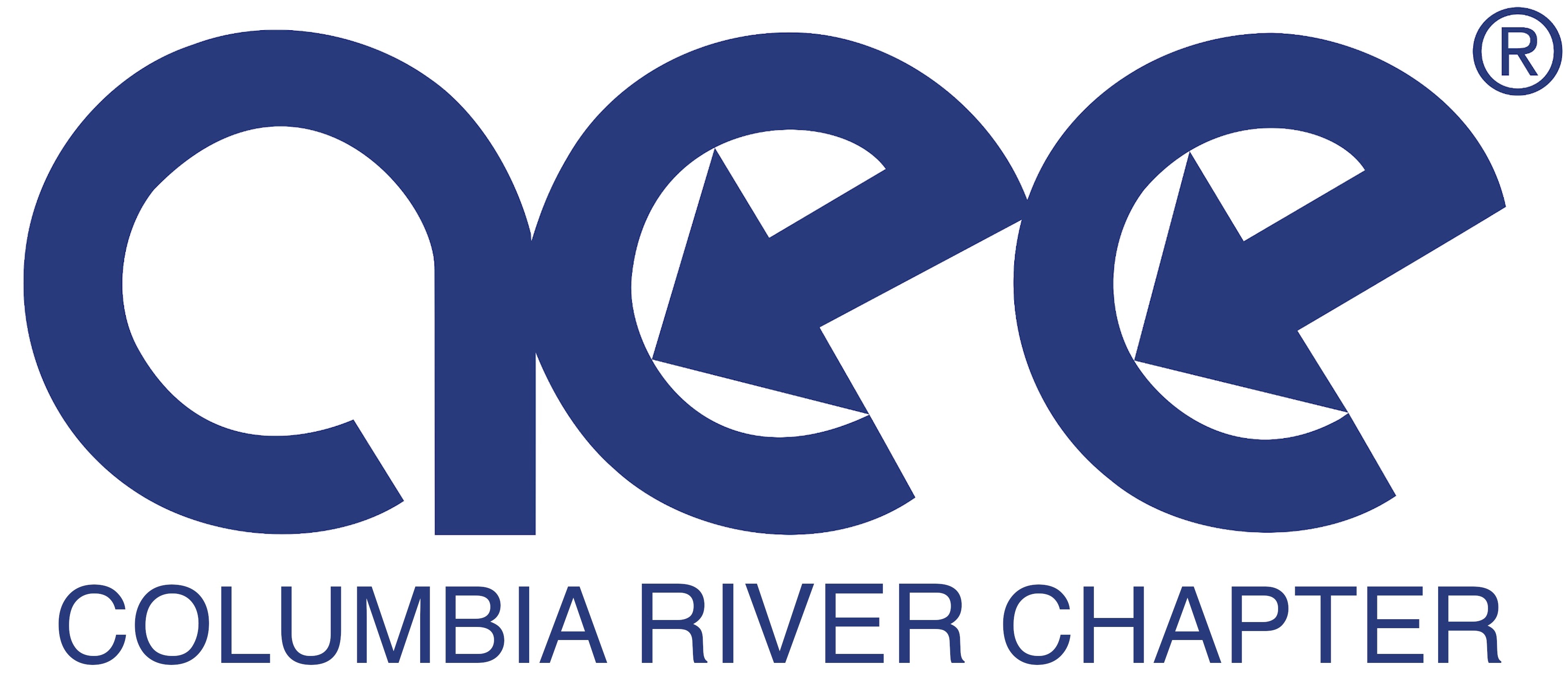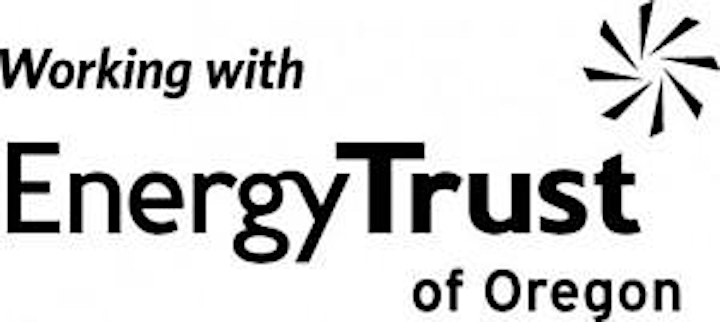November 2023 Energy Engineering Forum
Maximizing HVAC Efficiency, Flexibility, and Resiliency with Very High Efficiency Dedicated Outdoor Air Systems
AEE – Columbia River Chapter is eager to present this energy efficiency forum both LIVE and virtually. This free event consists of a one hour technical presentation followed by thirty minutes of Q&A. A complimentary lunch will be provided to those who attend. AEECRC members who attend in person will also receive certificates for Professional Development Hours. If you’re not already a member but would like to join, click hereIf you can’t make it this time, presentation materials will be posted after on AEECRC.org.
Description:
With the ever-increasing environmental impacts of local pollution, extreme weather events and wildfires, there is a necessity for resilient, flexible, and extremely efficient HVAC systems. Unfortunately, while HVAC systems are critical to our comfort and well-being, conventional systems are costly to operate and contribute to over 50% of total energy usage in commercial buildings. Dedicated outdoor air systems (DOAS) are a proven solution for reducing energy consumption since they optimize the control and functionality of ventilation and thermal comfort separately. A very high efficiency approach to DOAS maximizes energy efficiency by decoupling ventilation air from comfort conditioning, including air-to-air heat recovery, right-sizing of a high efficiency heating and cooling system and minimizing fan power. This allows for many benefits, including:
• Demonstrated reduction of building HVAC energy use by an average of 69% over conventional systems,
• Excellent indoor air quality (IAQ) and thermal comfort,
• Proven flexibility and resiliency to adapt to changing occupant densities, increased IAQ requirements, and extreme weather events,
• Significant carbon emission reduction with minimal peak electric demand increases in sites that convert from gas to electric heat.
In partnership with local utilities and HVAC experts, this system approach has been installed and monitored in 12 small-to-medium commercial buildings, including in cold climates, that resulted in an average 69% reduction in HVAC energy use and a 48% reduction in whole-building energy use when compared to a code minimum system (often a packaged RTU).
Speaker:
Gertrude Villaverde, CEM, CMVP – Energy Engineer, Energy 350
Gertrude is an Energy Engineer at Energy 350. She supports multiple contracts with technical analysis in production efficiency for industrial sites, efficiency upgrades for existing buildings, and market transformation for regional energy efficiency. Prior to Energy 350, Gertrude interned at a manufacturing facility through the Multiple Engineering Cooperative Program (MECOP) where she completed multiple energy/production efficiency and profit-improvement projects. She also worked in the Energy Systems Laboratory at Oregon State University-Cascades and graduated with an Honors Bachelor of Science in Energy Systems Engineering. Gertrude is a Certified Energy Manager (CEM) and Certified Measurement and Verification Professional (CMVP) through the Association of Energy Engineers.
Registration
Register here!














